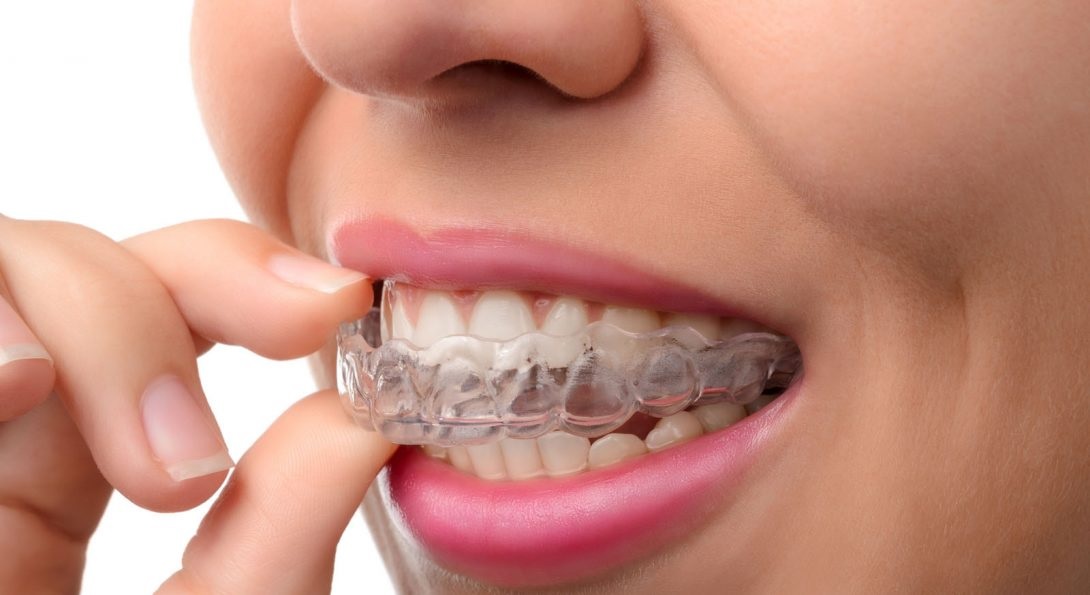How Can Sedation Dentistry Make Your Dental Visit More Comfortable in Melbourne?

Introduction
Many people experience anxiety or fear when visiting the dentist. This is very common and nothing to be ashamed about. Fortunately, there are ways to help you relax during dental procedures so you can get the oral care you need comfortably. One option is sedation dentistry procedures.
What is Sedation Dentistry?
Sedation dentistry uses medication to induce a relaxed, calm state before and during dental treatments. The level of sedation can range from mild to deep, depending on each patient’s needs. The medications are administered by a trained dentist and closely monitored throughout the procedure to ensure maximum safety and comfort.
Types of Sedation Offered
There are several types of sedation dentistry commonly offered in Melbourne dental offices:
- Oral sedation – Taken by mouth in pill form. Takes 30-60 mins to take effect.
- Inhaled sedation – Breathing in nitrous oxide gas. Causes almost immediate relaxation.
- Intravenous (IV) sedation – Delivered through injection/infusion. Deeper state of sedation.
- General anesthesia – Administered by anesthesiologist. Used for more complex procedures. Causes unconsciousness.
Benefits of Sedation Dentistry
The major benefits of sedation dentistry include:
- Eliminates anxiety, fear, and pain during dental work
- No memory of the procedure afterwards
- More extensive or invasive treatments can be performed comfortably
- Minimal physical discomfort
- Recovery time is reduced
- Relaxation allows proper treatment alignment
Any medications given are controlled carefully by your dentist. IV sedation is common for extensive procedures like dental implants or wisdom teeth removal. Oral or inhaled sedation are often suitable for cleanings, fillings, and minor work.
Finding a Sedation Dentist in Melbourne
Many leading dental clinics in Melbourne do provide sedation options. When searching for a qualified sedation dentist, look for the following credentials:
- Training in intravenous conscious sedation
- Certification for cardiopulmonary resuscitation (CPR)
- Proper safety and monitoring equipment in office
- Membership in dental sedation associations
- Years of experience with sedation protocols
Reputable practices like Cosmetic & Laser Dentistry Centre offer several sedation choices to facilitate smooth, pain-free dental visits.
FAQs
1: What is sedation dentistry?
Sedation dentistry uses medication to induce a relaxed, calm state in patients before and during dental procedures. The sedation continuum ranges from minimal to moderate to deep, depending on each patient’s needs. Sedatives are administered and monitored by a dentist trained in this method.
2: How does sedation work?
Sedatives work by depressing the central nervous system to inhibit anxiety and pain, while allowing communication and bodily control throughout dental procedures. The level of sedation strikes an optimal balance between comfort, safety, and efficient treatment.
3: What are the benefits of sedation dentistry?
Benefits include no memory of procedures afterwards, virtually no pain/discomfort during treatment, ability to perform more complex dental work, faster recovery times, reduced treatment times with fewer appointments needed.
4: Is sedation dentistry safe?
Yes, sedation dentistry is extremely safe when administered by a trained professional. Oral and IV sedatives have reversal agents to quickly return patients to full consciousness if needed. Strict protocols are followed to monitor breathing, heart rate, and oxygen levels for optimal safety.
5: Will my insurance cover sedation?
Many dental insurance plans do cover different types of sedation, but you should check your specific policy’s provisions for sedation coverage. Some techniques like general anesthesia may have more limited coverage. Discuss costs with your dentist beforehand.
Conclusion
In summary, sedation dentistry uses medication to help patients deeply relax before and during dental treatments. Oral, inhaled, IV sedation, and general anesthesia are common options in Melbourne. Sedation allows extensive and invasive dental work without painful stimuli and memories afterwards. Finding an experienced, credentialed sedation dentist ensures maximum comfort and safety. Consider sedation next time you need dental care for an anxiety-free visit.

